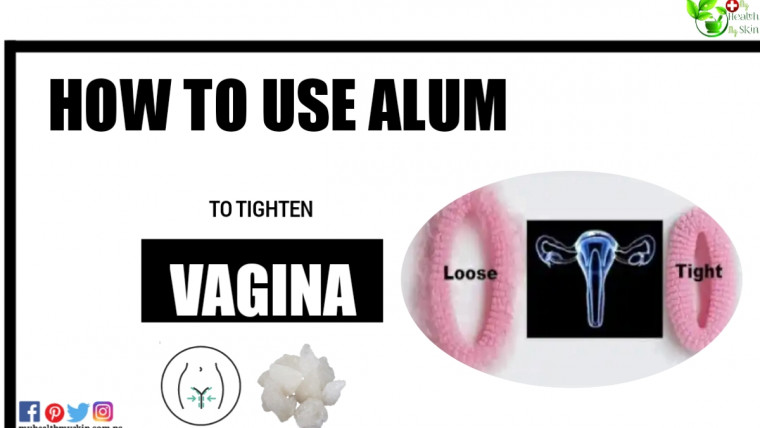Omega-3 is considered an essential fatty acid because the body cannot manufacture it on its own and therefore must be included in the daily diet.
As such, it is extremely important and necessary for health, and is associated with numerous aspects of human metabolism and health.
There are three fatty acids collectively called omega-3s:
- ALA (alpha linolenic acid),
- EPA (eicosapentaenoic acid),
- DHA (docosahexaenoic acid).
Thus, EPA and DHA omegas are of animal origin, basically found in fish, seafood, krill, meat.
Vegetable sources of omega-3 provide ALA, present in flaxseed, chia, seeds, vegetable oils. EPA and DHA are the active form, and ALA needs to be converted to them to work.
According to scientific research, omega-3s reduce cell inflammation, helping to prevent inflammatory diseases, heart problems and arthritis.
Also, it is essential for the brain, improving cognitive function.
It promotes bone health, positively impacting the body’s calcium levels, reduces the incidence of bone loss and muscle mass.
It also helps prevent certain types of cancer, is beneficial to the intestines, lungs and skin, and reduces the risk of autoimmune diseases.
Omega-3 During Pregnancy And Lactation
In addition to the above benefits that also apply to pregnant women, omega-3s act on fetal development.
That’s because their adequate consumption is vitally important during pregnancy, as they are the critical building blocks of the fetal brain and retina.
Another benefit is that it works to prevent postpartum depression and reduces the incidence of premature births.
Studies also show that consumption of omega-3s during pregnancy and in the first months of breastfeeding increases the IQ of babies.
How Much To Consume
It is essential to eat a diet rich in foods that provide omega-3s, such as fish, meat and oilseeds.
It is often necessary to supplement the fatty acid in pregnant and lactating women, always under the guidance of the attending physician.
It is worth noting that DHA is particularly beneficial for the baby’s brain development. To see more post on Women’s Health click here.
source: tamara mazaracki, specialist in nutrology and member of abran (brazilian association of nutrology).







